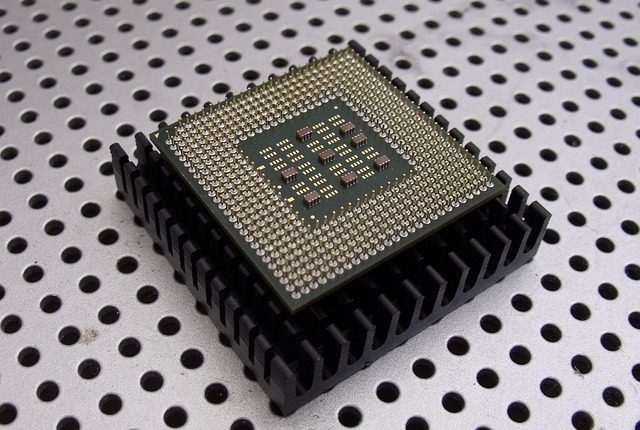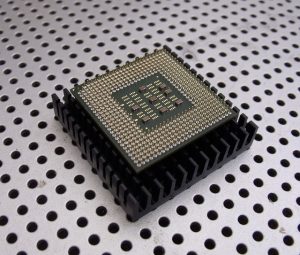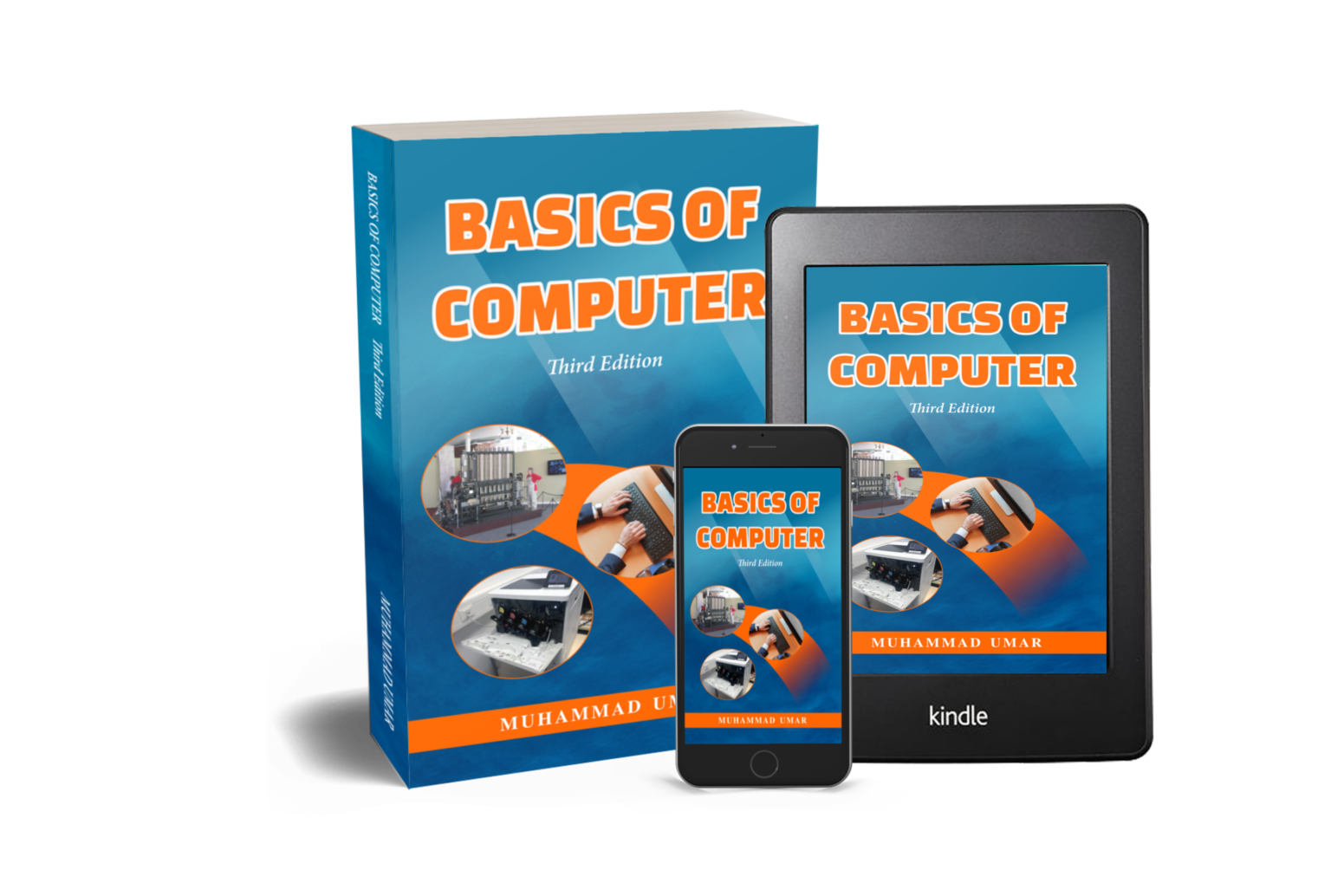Introduction to Microprocessor

Are you fascinated by the technology behind computers and how they work? Look no further than the microprocessor! This powerful little device integrates the tasks of a computer’s central processing unit, making it an essential component of modern CPUs. Capable of executing millions of instructions in a second, the microprocessor includes a Control Unit, Arithmetic Logic Unit, Registers, and Memory Unit, all packed onto a single IC or a few ICs. In this article, we will look at introduction to microprocessor and the basic architecture of the microprocessor, detailing how it functions and how it can be used to enhance the capabilities of your computer. Get ready to dive into the world of the microprocessor and discover the technology that powers our digital lives.
Introduction to Microprocessor
A microprocessor integrates the tasks of a computer’s central processing unit on a single IC (Integrated Circuit) or maybe a few ICs. All modern CPUs are centered on the microprocessor which is multitasking and is a programmable device.
The CPU can accept digital data as input, processes, and produces results as output. It has internal memory and can execute millions of instructions in a second.
The placing of an entire CPU on a single chip or a few chips lowers the cost of processing power, achieves very high speed, and makes it more reliable.

Microprocessor Components
A microprocessor consists of the following components.
- Control Unit (CU)
- Arithmetic Logic Unit (ALU)
- Registers
- Memory Unit (MU)
Basic Architecture of Microprocessor
The control unit, arithmetic logic unit, and registers are combined in a single chip called a microprocessor. The microprocessor defines the type and overall characteristics of a computer.
Control Unit
The CU controls the time and sequence of operations of the computer. The control unit directs and coordinates all activities of a computer including the following operations.
- Controls the input/output devices.
- Stores and retrieves data from memory.
- Stores and retrieves data from storage devices.
- Routes information between memory and arithmetic logic unit.
- Controls the direction of arithmetic and logical operations.
- Controls the execution of a program.
Arithmetic Logic Unit
The Arithmetic logic unit performs actual processing of data which includes addition, subtraction, multiplication, and division. This unit also performs certain logical operations such as comparing two numbers to see which one is greater than the other or if they are equal. In this way, a computer can make simple decisions.
Registers
8086/8088 and subsequent generation of Intel microprocessors use registers to operate on data and to perform tasks. Registers are special storage areas built into the microprocessor to store data for immediate access. Registers are used to hold different operands to perform arithmetic and logical operations.
Conclusion
In conclusion, the microprocessor is a critical component in modern computing, enabling a computer to carry out its many tasks quickly and efficiently. The control unit, arithmetic logic unit, registers, and memory unit work in harmony to ensure that digital data is accepted, processed, and output accurately.
It is evident that the evolution of the microprocessor has transformed the field of computing, leading to smaller, more reliable, and faster computers that can execute millions of instructions in a second. Understanding the basic architecture and components of the microprocessor is crucial for computer enthusiasts and professionals to appreciate the technology that powers our digital world.
Take your understanding of microprocessors to the next level with “Basics of Computer, Third Edition” by Muhammad Umar! Dive deeper into the architecture of these essential components and discover how they power everything from smartphones to supercomputers. Buy now and unlock the secrets of modern computing!
Related Posts
Learn more General Concepts
Interesting Stuff in your Inbox
Subscribe to our mailing list to get interesting stuff and updates right in your email inbox. Promise, we will never sell your info to any third party.
Basics of Computer By Muhammad Umar
Recent Posts
Ask a Question
Do you have any questions? Rest assured, we're here to provide answers. Join us in our forum where you can engage in fruitful discussions, ask your queries, and receive insightful responses from our esteemed authors and community members. We look forward to your active participation and valuable contributions as we collectively explore various topics. Let's come together and share your thoughts!

